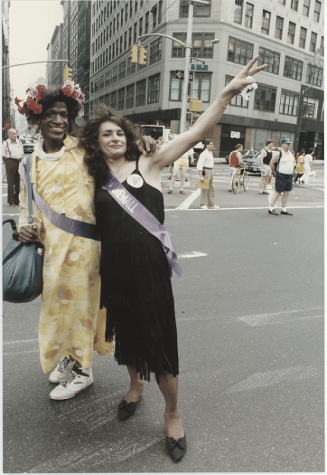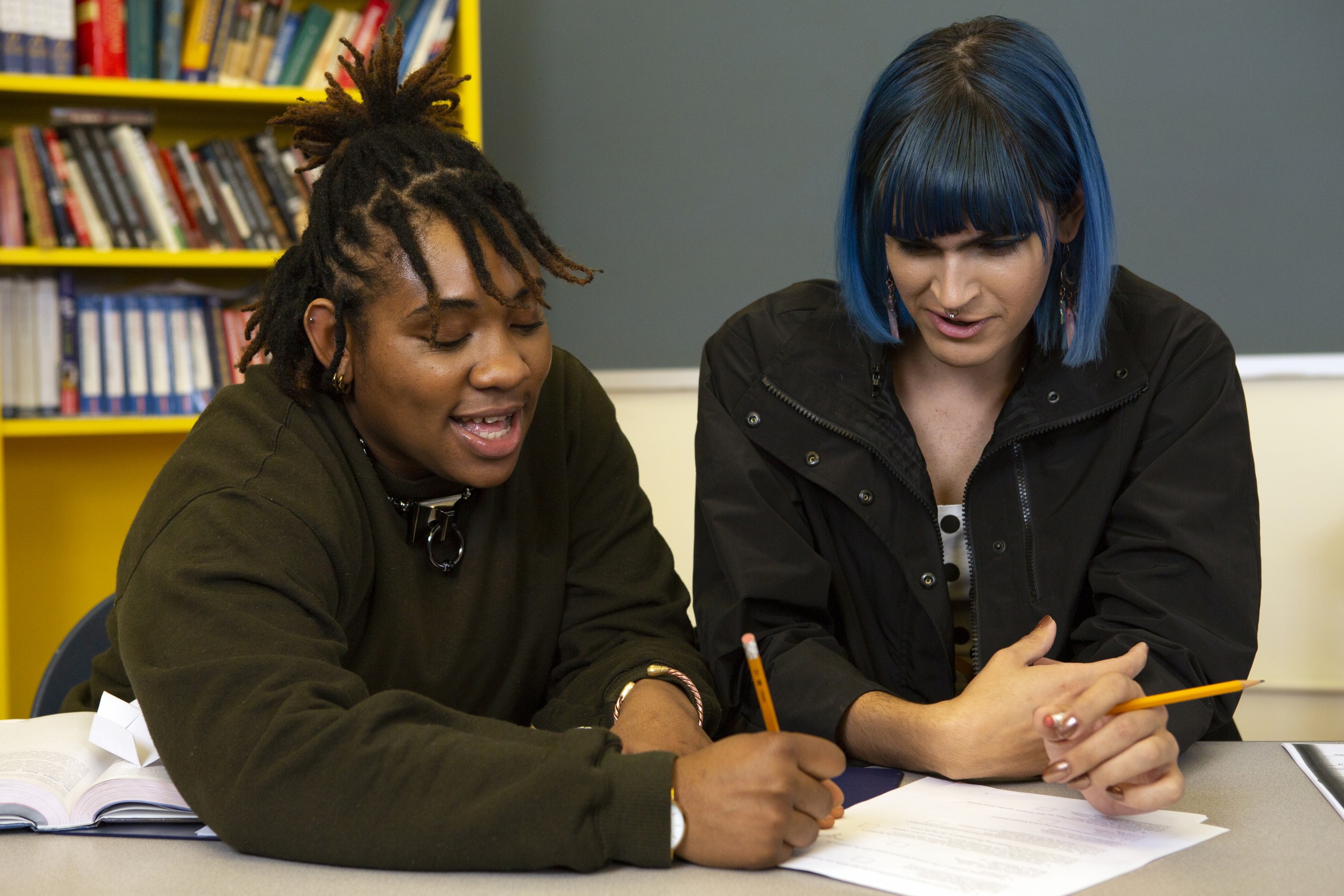For LGBTQ folks, June is an important month of celebration and awareness. While commemorating the 1969 Stonewall Riots in New York, Pride also serves as a reminder of the fearless existence of LGBTQ people. Though often a joyful occasion, the everyday lived reality of many LGBTQ people—especially those with multiple intersecting marginalized identities—cannot be overlooked.
This year alone more than 250 anti-LGBTQ bills have been introduced in states across the country, many of which directly affect young people. In 2020 the Centers for Disease Control and Prevention (CDC) released the national Youth Risk Behavior Surveillance report showing that LGBTQ students are more likely to be bullied than their straight, cisgender classmates. The report shows that 43% of transgender youth have been bullied on school property. Additionally, 29% of transgender youth, 21% of gay and lesbian youth, and 22% of bisexual youth have attempted suicide.
The urgency in which we as youth-serving professionals and caring community members need to show up for LGBTQ youth cannot be understated. To be in solidarity with any community takes intentionality, practice, and time. It is never a check list but rather a value system for how to be in the world. Here are seven value-based commitments to keep in mind this Pride month and beyond.

- Listen to LGBTQ youth. Many of us have experienced what it is like to not be heard as a young person. Similarly, we have experienced the magic of having a caring adult to listen to us. LGBTQ youth are just like any other young person, they desire to be heard without judgment during a time of rapid growth. This is a good time for us to brush up on our active listening skills, check out this article on 9 things good listeners do differently.
- Be committed to learning and unlearning. Education, building empathy, engaged listening and storytelling, culture appreciation and influence are all very accessible and self-initiating ways to better support LGBTQ youth in your spaces. Whether you’re learning medium is through podcasts, books, events, or training opportunities, be committed to both learning and unlearning.
- De-center yourself. It is easy to get caught up in, and be overwhelmed by, trying to achieve the perfect level of “political correctness.” Focusing on your performance and how your peers/youth will view you…Or feeling that self-created pressure and deciding that you do not even want to take on the task of supporting your LGBTQ youth All of this centers you. So if you find yourself in any of these mental traps, allow yourself to feel what you need to feel, and ask yourself … “What is the root of my feelings of _______ right now? What is blocking me from leaning in? Did I assume, or did I ask?”
- Show humility and transparency. As adults in youth spaces, modeling transparency in discussing our mistakes and speaking to them is important. Often the idea of perfectionism stops us from trying something new, especially around topics like race, gender, and sexuality for fear of getting it wrong. Causing additional harm or triggering someone is a very real worry and silence around these topics is betrayal. So be real and starting conversations with things like, “I am not an expert on this topic, and I might mess something up, so I need everyone’s support and knowledge to keep our space a safe learning environment for us all – because this topic is too important to ignore just because it’s hard for me to talk about.”
- We have all we need to be advocates. As accomplices in this work some of the most valuable assets we have is our voice, our power, and our time. Advocacy can occur at multiple levels. At the interpersonal level, it can look like engaging in more inclusive speech such as using folks or y’all when referring to a group of people instead of “guys.” At the community level, it can be examining spaces where youth hang out in your community and whether they are LGBTQ affirming. At the systems level, this can look like electing government officials whose policies support and protect LGBTQ youth.

